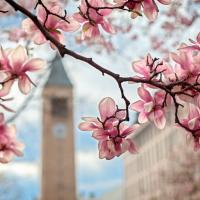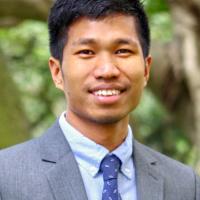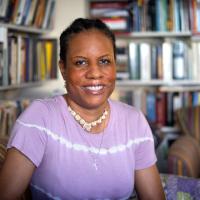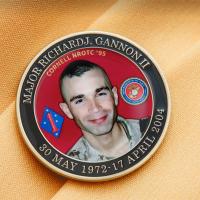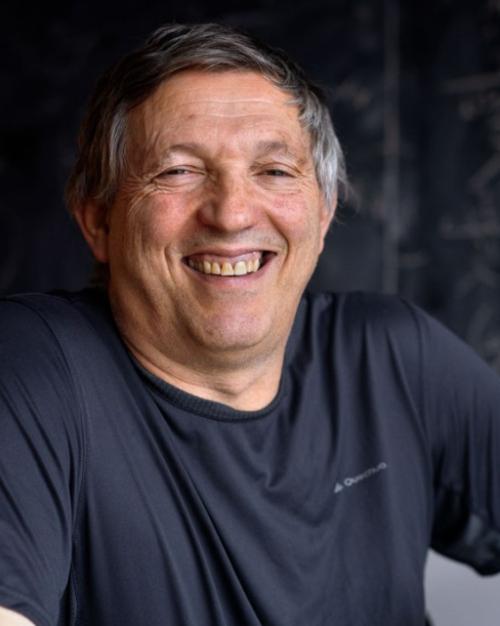When Yuval Grossman was 5, his father, an Israeli soldier, died during the war with Syria. Then he lost a good friend – a neighbor who lived on his street in Nahariya, Israel – in a terror attack in 1974.
“These two big events affected me a lot as a child,” said Grossman, now a professor of physics in the College of Arts and Sciences. “But at some point, I realized that I had to get over this fear of Arab people. And that we really must do something to make us feel connected. The connection between people is what eventually is going to make a difference.”
Since 2019, Grossman has been fostering that connection by leading math and physics activities with young people in Arab villages in Israel during Cornell’s academic breaks. Grossman, a Hebrew speaker, has learned Arabic so he can talk to the students in their own language.
“It’s very hard to do the big things,” Grossman said. “But you can do the small things, and the small thing that I can do is my physics thing.”
This year, with Israel and Hamas at war, he was unsure whether to continue his work in Arab villages. “But I think it’s particularly important right now to show we can do this together,” he said.
He reached out to Emtithal Awdalla, a math and physics teacher at Brancoweiss Ein Naquba Rafa middle school with whom he had worked before. Awdalla encouraged him to visit.
“Since the war started, most people have been afraid to talk or be in Arab-Jewish contact, thinking that any meeting would cause conflict,” she said. “I believe that even in difficult and challenging times, it is possible to create good connections and relations between people. Not all are black and not all are white. There are other colors that characterize us.”
In January, Grossman headed to the village of Ein Naquba, Israel, to teach. In the classes, he offered a version of techniques he’d honed during “Math Days” at Boynton Middle School in Ithaca. He began the session by playing a simple math game that he kept winning. He encouraged the students to question why he won; he knew that after a while, they would figure out the strategy to win the game.
“It’s a very fun activity because the kids play with each other and then with me,” Grossman said. “As I go around and play with them, we chat. Usually, they tell me that their worst subject in school is math. At the end of the game, I explain how the strategy is also part of mathematics, and they realize that mathematics is much more than solving some equation.”
Initially, Grossman said, the students seemed to view him with some suspicion, but he thinks his ability to speak Arabic put them at ease.
“You don’t only learn the language, you also learn the culture,” Grossman said. “And once you understand how people are thinking, you understand better what’s going on.”
That he isn’t perfectly fluent in Arabic endeared him to the students. When he made mistakes, they corrected him.
“I may teach them some mathematics and at the same time they teach me some language,” Grossman said. “What I find is connection – the personal connection between me and them. And once you have personal connection, you can have a really lasting kind of peace.”
Grossman also works with students at the university level in Israel, giving talks to the Physics in Arabic Club at Tel Aviv University. He started the club a year ago with a professor at the university, with the goal of encouraging more Israeli Arabs to pursue physics.
His aim with the middle schoolers is to show that mathematics and physics can be more enjoyable than how the subjects are often taught, Grossman said.
“The Brancoweiss students told me I was ‘shatar,’ which means good in a cool way,” he said. “When it came time to take a break, they didn’t want to; they said no, they wanted to finish. Usually when the break comes and you’re in the middle of something, it’s goodbye. That was a very good sign.”
Along with the fun, said Awdalla, “the students learned a new value: It is possible to fail and learn from failure. They did not give up and kept trying to understand the principle of the game.”
And it was a success in another way, she said. “The students were talking, laughing and asking questions that had nothing to do with the war.”
